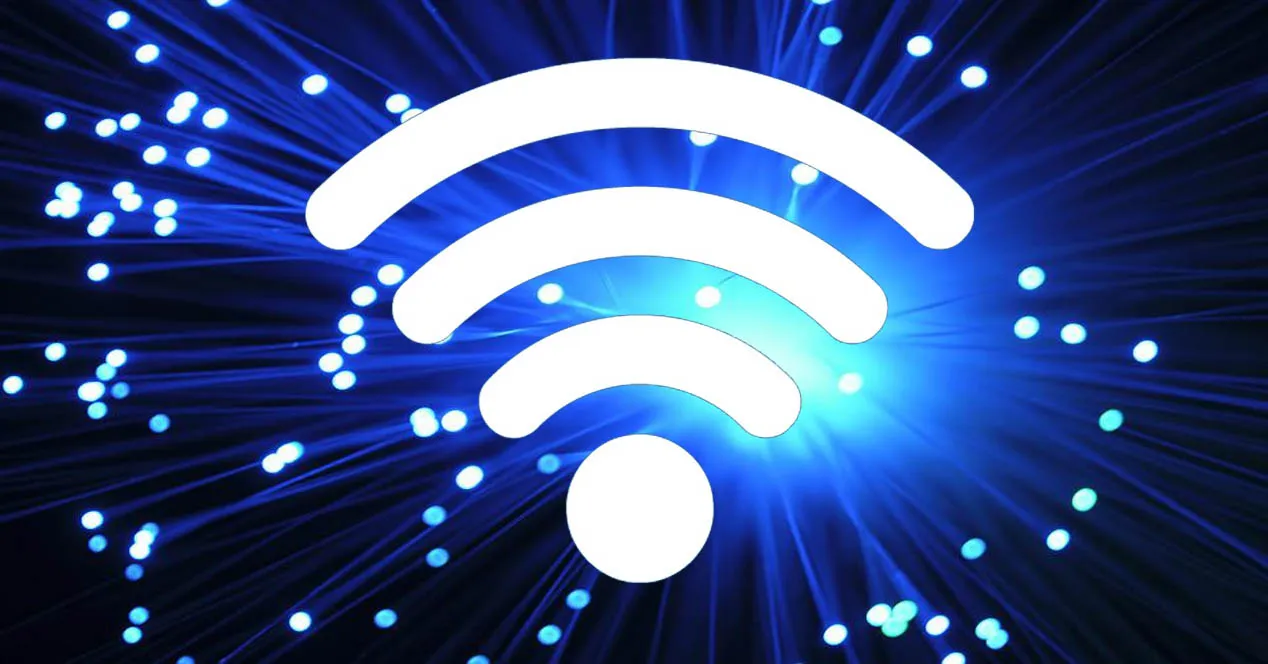Telecoms
Nearly One Million Users Joined High-speed Internet in April
Nigeria’s Minister of Communications and Digital Economy, Dr Bosun Tijani, said on that Thursday that telecom operators in Nigeria were warming up to take delivery of up to $1 billion new equipment in July to improve quality of service and expand network availability.
Share this:
- Click to share on X (Opens in new window) X
- Click to share on Facebook (Opens in new window) Facebook
- Click to share on WhatsApp (Opens in new window) WhatsApp
- Click to share on Pocket (Opens in new window) Pocket
- Click to share on Telegram (Opens in new window) Telegram
- Click to email a link to a friend (Opens in new window) Email
- Click to share on LinkedIn (Opens in new window) LinkedIn
Published
8 months agoon

Following various infrastructure upgrades announced by telecommunications companies in Nigeria, nearly a million new subscribers have joined or migrated to high-speed internet in April.
High-speed internet, also known as broadband, refers to internet connections powered by at least third generation (3G) technology and above, including the fourth generation (4G) and fifth generation (5G) technologies that have also been deployed in Nigeria.
Read Also:
Nigeria’s telecom regulators, the Nigerian Communications Commission (NCC) disclosed in its latest industry statistics that broadband user base in the country rose by 903,707 new connections in April.
Consequently, aggregate broadband users in the country peaked at 104.38 million in April, representing 48.15% penetration, relative to 103.48 million or 47.73% recorded in March.
While the monthly increase seen in April is an indicator that players in the sector are ramping up on infrastructure expansion and upgrade, the current level of high-speed internet deployment and usage in the country is still a far cry from the ambitious target of 70% penetration by 2025 set in the National Broadband Plan 2020-2025.
According the statistics, while all internet connections in the country stood at 141.99 million in April down from 142.05 million in the preceding month, 4G and 2G are most deployed technologies serving 48.82% and 40.08% of internet users respectively.
Similarly, 3G and 5G technologies are responsible for powering 8.40% and 2.70% of internet usage in the country.
Nigeria’s Minister of Communications and Digital Economy, Dr Bosun Tijani, said on that Thursday that telecom operators in Nigeria were warming up to take delivery of up to $1 billion new equipment in July to improve quality of service and expand network availability.
“We have evidence that our telcos have placed orders of equipment worth over $1 billion. That hasn’t been done in a long time in this country,” Minister Tijani told TVC in an interview.
Similarly, the Executive Vice Chairman of NCC, Dr. Aminu Maida, has reiterated that improving on quality of service to deliver high-speed internet to Nigerians “is not negotiable.”
At a recent event in April, Maida had revealed that Nigerian telecom operators had collectively placed orders exceeding $1 billion with Chinese vendors to support a sweeping network upgrade.
With network traffic increasingly shifting toward data usage, the new infrastructure is expected to ease congestion and enhance broadband penetration, particularly in underserved and high-demand urban areas.
Data usage, according to NCC’s data, stood at 983,283.43 Terabytes in April, indicating the growing reliance on data for work and pleasure among Nigerians.
“Rural connectivity isn’t just about giving people access; it’s about strengthening our economy,” the EVC noted, adding that “If we don’t invest in these areas, commercial telcos won’t go there on their own. That’s why President Bola Tinubu has made rural coverage a priority, not only for inclusion but also for national security.”
“Today, many people make more calls via WhatsApp than traditional voice networks, and that puts greater demand on broadband infrastructure,” he said. “The sector was stagnating while consumer demand was rising sharply.”
Share this:
- Click to share on X (Opens in new window) X
- Click to share on Facebook (Opens in new window) Facebook
- Click to share on WhatsApp (Opens in new window) WhatsApp
- Click to share on Pocket (Opens in new window) Pocket
- Click to share on Telegram (Opens in new window) Telegram
- Click to email a link to a friend (Opens in new window) Email
- Click to share on LinkedIn (Opens in new window) LinkedIn
You may like


NCC to Rollout Satellite-to-Phone Technology for 23.3m Nigerians


NCC, CBN Introduce 30-Second Refund Rule for Failed Airtime and Data Purchases


Nigeria’s Active Telecom Subscribers Hit 173.5m as Broadband Penetration Nears 50%


Digital Inequality Widens as 77% of Rural Nigeria Remains Offline


Fresh $1bn Investment in Broadband Pushes Nigeria Closer to 70% Penetration Target


Infrastructure under Siege as NCC Confirms 19,384 Fibre Cuts in 8 Months










